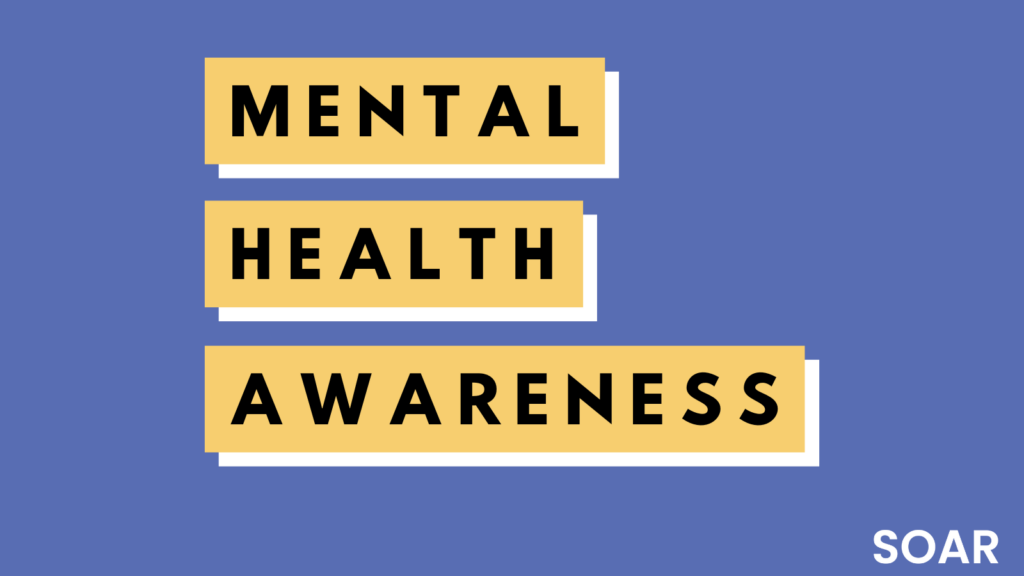The stress of a natural disaster can take a toll on your mental health. Coping with the loss of a home, a business, your belongings, or the death of a relative and/or friend can create new stressors and anxiety or build on existing stressors and anxiety.
Taking care of yourself and loved ones
The Substance Abuse and Mental Health Services Administration (SAMHSA) provides some tips on how to care for you and loved ones in the wake of a natural disaster.
- Eating a healthy diet, avoiding the use of drugs and alcohol, and getting regular exercise can reduce stress and anxiety. Activities as simple as taking a walk, stretching, and deep breathing can help relieve stress.
- Limit your consumption of news. We live in a society where the news is available to us 24 hours a day via television, radio, and the Internet. The constant replay of news stories about a disaster or traumatic event can increase stress and anxiety and make some people relive the event over and over. Reduce the amount of news you watch and/or listen to, and engage in relaxing activities to help you heal and move on.
- Get enough “good” sleep. Some people have difficulty falling asleep after a disaster, or wake up throughout the night. If you have trouble sleeping, only go to bed when you are ready to sleep, avoid using cell phones or laptops in bed, and avoid drinking caffeine or alcohol at least one hour before going to bed. If you wake up and can’t fall back to sleep, try writing what’s on your mind in a journal or on a sheet of paper.
- Establish and maintain a routine. Try to eat meals at regular times and put yourself on a sleep schedule to ensure an adequate amount of rest. Include a positive or fun activity in your schedule that you can look forward to each day or week. Schedule exercise into your daily routine as well, if possible.
- Avoid making major life decisions. Doing things like switching jobs or careers can already be stressful and are even harder to adjust to directly after a disaster.
- Understand there will be changes. Disasters can destroy homes, schools, and places of business and worship and can disrupt the lives of people living in affected areas for a long time. Sometimes, people lose loved ones or experience injuries, both physical and mental, that may last a lifetime. Some people may also experience a temporary or permanent loss of employment. For children, attending a new or temporary school may result in being separated from peers, or after-school activities may be disrupted.
Help is available
The following local organizations provide counseling services:
- Appalachian Regional Healthcare
- Mountain Comprehensive Care Centers
- Kentucky River Community Care
- Cumberland River Behavioral Health
- Mountain Comprehensive Health Corporation
- Juniper Health
Here are some important crisis contacts:
- FindHelpNow KY for Addiction Treatment | (877) 318-1871
- National Suicide Prevention Lifeline | Dial 988
